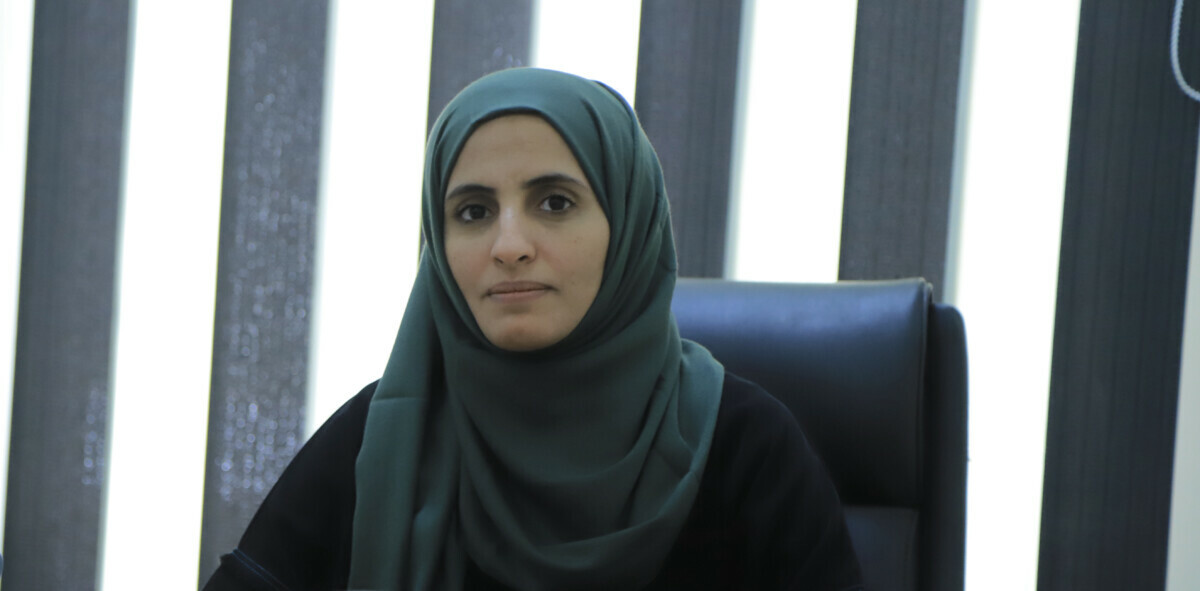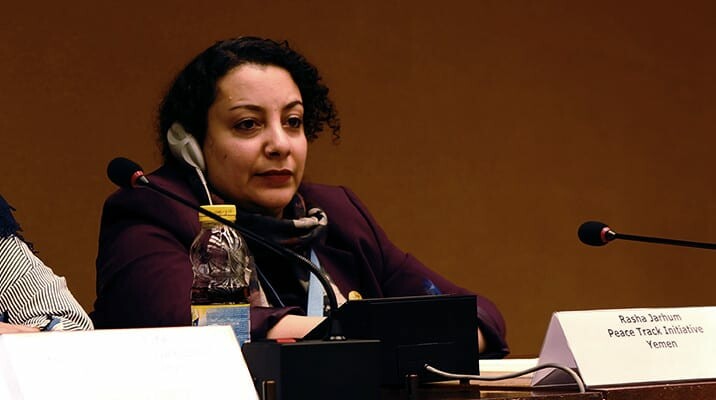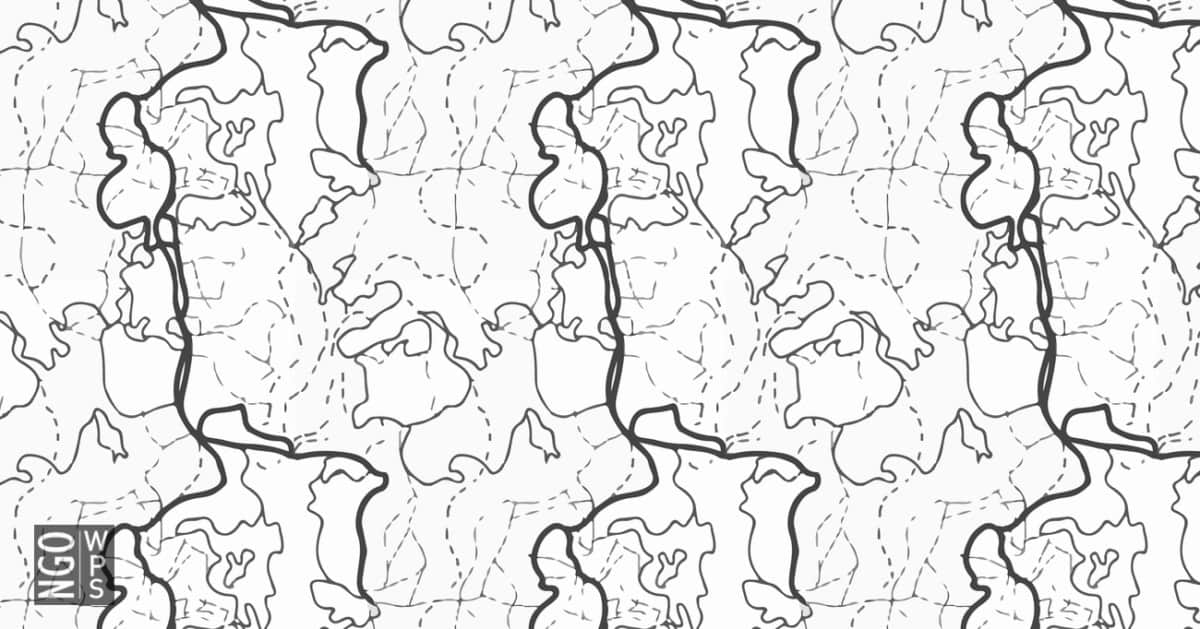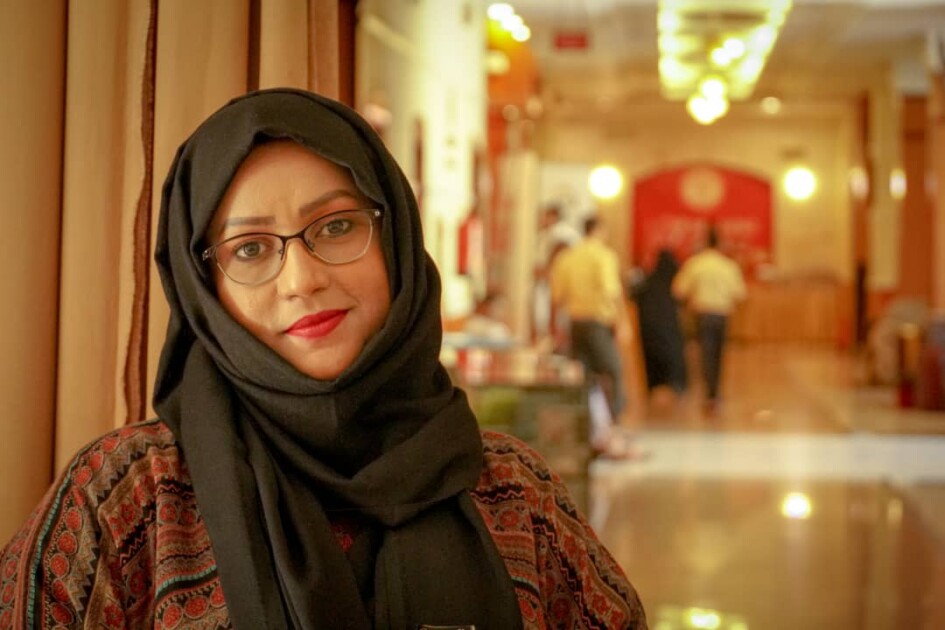Yemen
Yemen
Current and Past Recommendations to the UN Security Council (Monthly Action Points)
Nine years into the conflict, the situation in Yemen continues to worsen amid multiple crises, including climate change, the alarming increase in cholera cases and other preventable diseases, the economic crisis and poverty, the suspension of the General Food Assistance program—which will impact 9.5 million people, especially women and women-headed households—and the ongoing violation of human rights, including the right to water. An estimated 18.2 million people are in need of humanitarian assistance, 49% of whom are women and girls. Military action, such as airstrikes on Yemen’s port facilities, is likely to have a disproportionate impact on women and girls and can prevent aid from reaching those most in need. Of the nearly 4.5 million people who have been displaced, an estimated 80% are women and children, and at least 26% of displaced households are female-led. Households are resorting to extreme coping mechanisms, which exacerbates protection risks: with 4.5 million children out of school, child, early and forced marriage is increasing, in a setting where 32% of young women are married before they reach the age of 18. Women and girls face restrictions on their freedom of movement due to the mahram (male guardian) requirement, lack of access to basic services, including higher education and sexual and reproductive health services, and threats and risks, including arbitrary detentions, enforced disappearances, hate speech and targeted killings, particularly for women human rights defenders and journalists. Ongoing restrictions on the operations of already underfunded women-led and civil society organizations have further restricted women’s participation in public life. Any forthcoming discussions about the situation in Yemen should be based on gender-sensitive conflict analysis.
Security Council members should articulate their unwavering support for an inclusive political process with the full, equal and meaningful participation of diverse women, youth and civil society of all political backgrounds from all regions of Yemen, including in truce and ceasefire negotiations, as well as broader political and peace processes and the humanitarian response. Relatedly, Council members should demand that all UN-supported peace committees include women, including the Prisoners’ Exchange, the Taiz Committee, and the Security and Military Committees, as well as any committees formed in the future. Council members should demand all parties to the conflict, and their allies, uphold international humanitarian, human rights and refugee law, and emphasize that women’s human rights should be non-negotiable in any peace and political process. Council members should prioritize diplomatic efforts to de-escalate tensions in the region and reiterate their full support for the efforts of the UN Special Envoy for Yemen to secure a sustainable settlement to Yemen’s protracted conflict.
Relevant Resources







